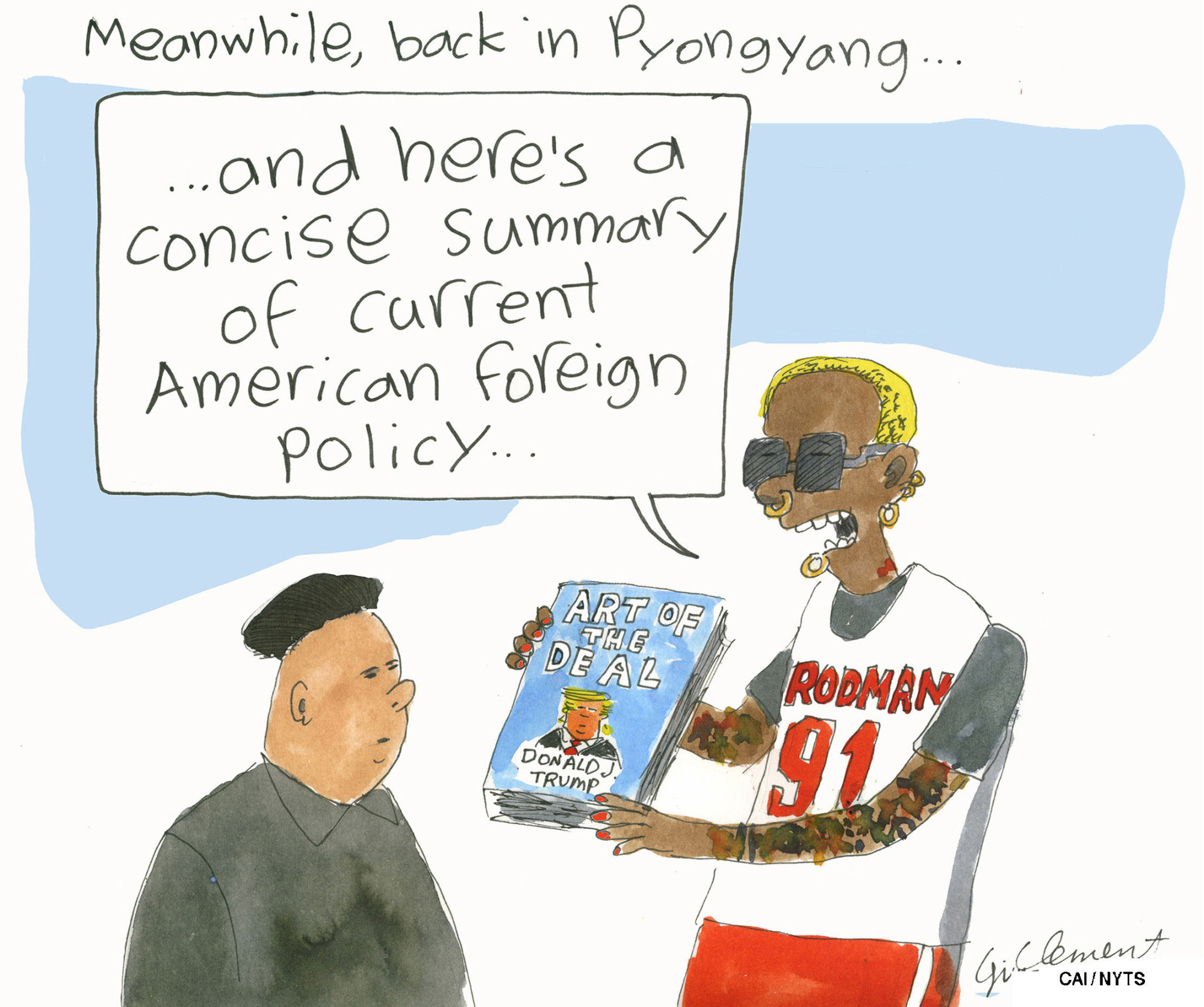With every tweet or meeting with a foreign leader that U.S. President Donald Trump completes, American officials find themselves struggling to reassure allies that the United States remains committed to their security. Nowhere is this truer than in Asia, where long-standing U.S. strategic engagement, backed up by the world's most advanced military, has maintained the balance of power for decades.
Trump's signature Asia policy — his pledge to stop North Korea's development of nuclear weapons — should be a clear-cut example of American military resolve. Unfortunately for the region, it has proved to be anything but that.
In early June, Defense Secretary James Mattis tried his best to convince his Asian counterparts gathered in Singapore that U.S. support was unwavering. The presence of two U.S. aircraft carriers off the Korean Peninsula — the first time in 20 years that U.S. naval maneuvers included two carrier groups — was meant as a "message of reassurance" against any aggression by North Korea.



